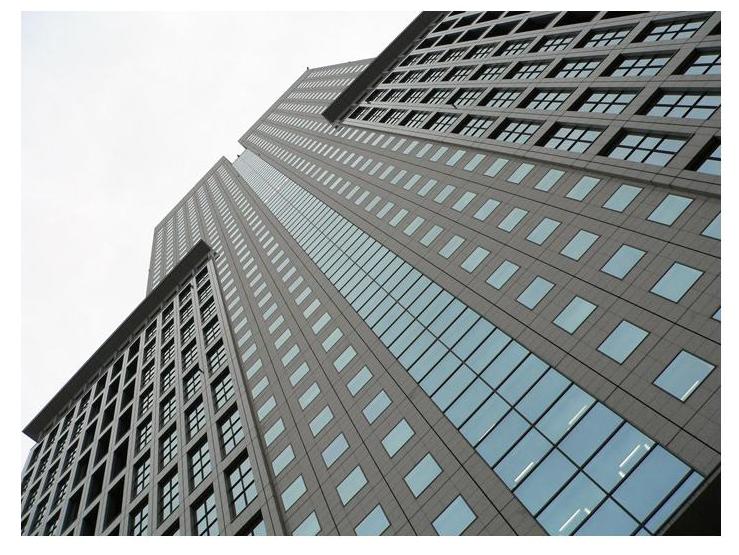Anti-reflective solar cells gain efficiency

A new nanoengineered anti-reflection coating promises to dramatically increase the efficiency of today's solar panels.
The coating, developed by Shawn-Yu Lin, Professor of Physics at Rensselaer Polytechnic Institute, boosts the amount of sunlight captured by solar panels and allows those cells to absorb the entire spectrum from nearly any angle.
Untreated silicon solar cells absorb just 67 per cent of sunlight shone upon them, meaning 33 per cent of the light is wasted. Lin's nanotechnology coating cuts that figure by a factor of ten, with an efficiency of over 96 per cent.
The other big advantage of the super cell coating is its ability to harvest light from any angle.
Looking on the sunny side
Current panels require the light to fall on them directly, which is why some solar farms have huge mechanised panels that follow the sun through the day.
Solar cells with Lin's coating, however, will absorb the same 96 per cent of light all day, even from a stationary panel.
Sign up for breaking news, reviews, opinion, top tech deals, and more.
The coating works by stacking seven layers of silicon dioxide and titanium dioxide nanorods positioned at a slant — each layer looks and functions similar to a dense forest where sunlight is "captured" between the trees.
Each layer not only transmits sunlight, it also helps to capture any light that may have otherwise been reflected off of the layers below it.
There's no word yet on when the coating could be commercialised, although it's likely that the sponsors of the research - the US Department of Energy and US Air Force - will have first crack at it.
Mark Harris is Senior Research Director at Gartner.